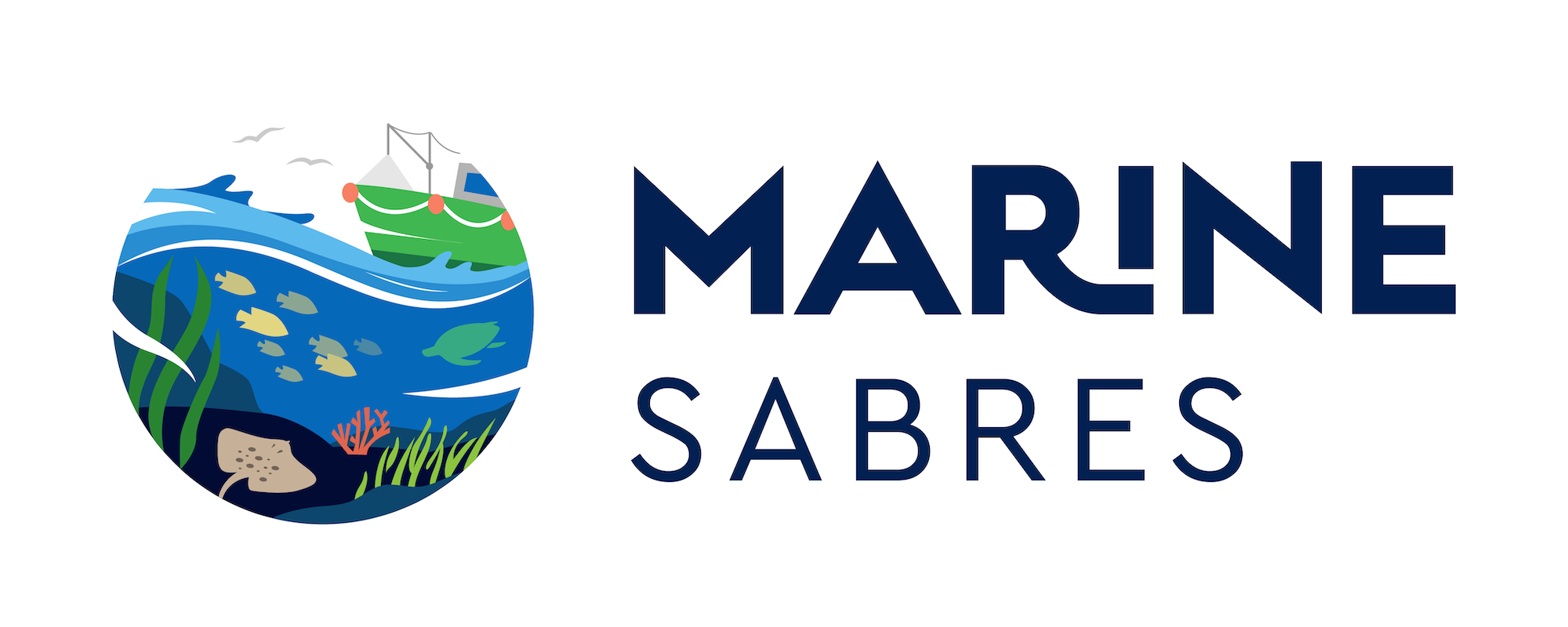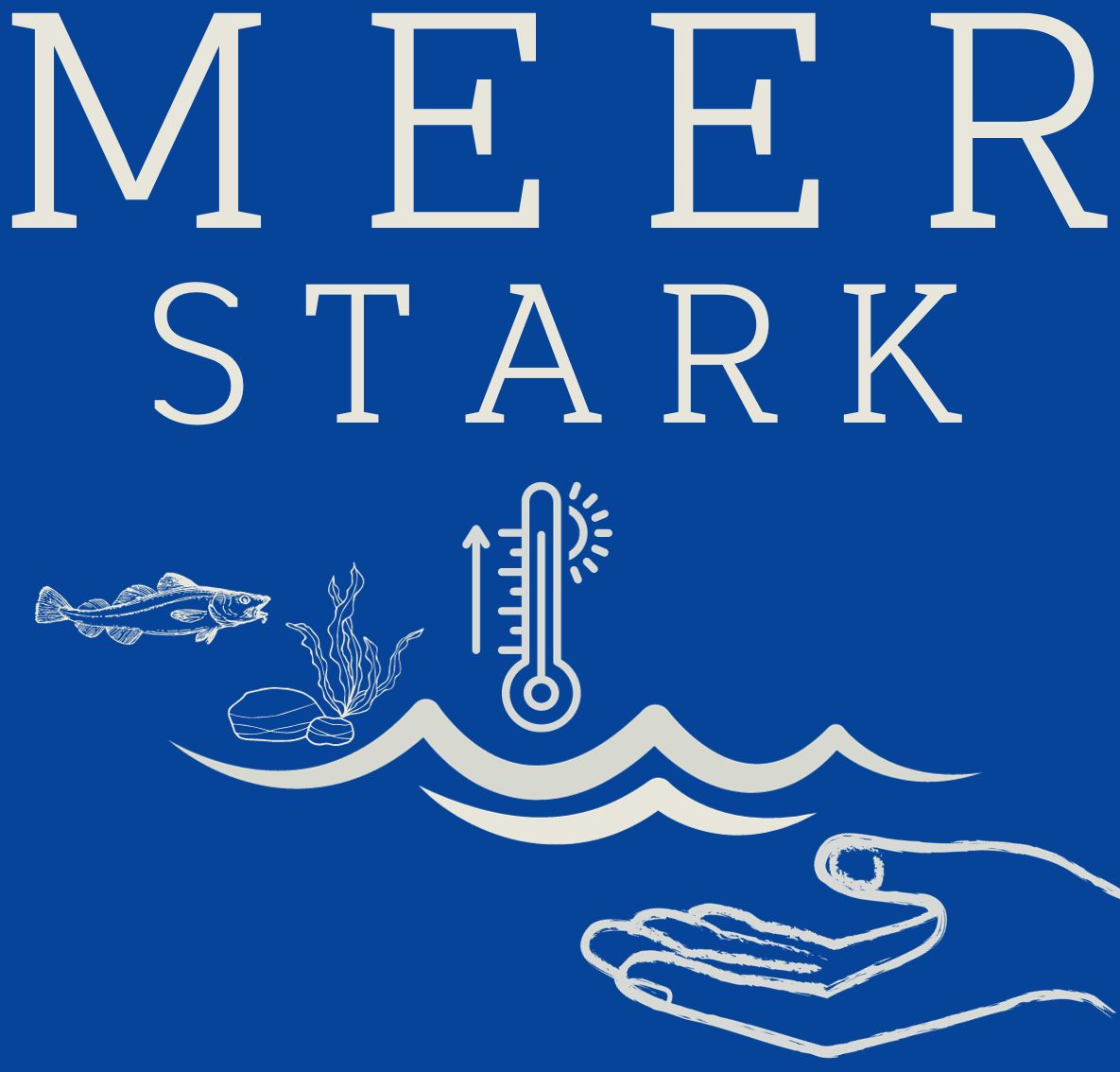Knowledge Transfer and Competence Building: Education for sustainable environmental management
- Project
- Duration
-
-
The project is targeted at postgraduate students, practitioners and managers from developing countries and provides them with a wide range of skills in environmental management. It combines lecture series and interactive workshops to deepen the understanding of sustainable approaches such as ecosystem-based management (EBM), nature-based solutions (NbS) and restoration measures and to promote practical skills. The events on Vilm Island (May 30 to October 23, 2024) as well as previous formats, such as the 88th UNEP/UNESCO/BMUV course focusing on water resource management (October 2023 in Dresden), played a central role in knowledge transfer. The aim is to equip future decision-makers with the necessary tools to effectively tackle complex environmental and societal challenges.
Knowledge transfer in interdisciplinary formats
The presentations on Vilm and in Dresden offered a varied program that covered both fundamental concepts and specific examples of EBM and NbS applications. The focus was on the practical application of EBM and NbS - from basic definitions to development, evaluation and implementation of suitable strategies. While the focus in Dresden was on nature-based solutions for aquatic ecosystems, the events on Vilm were dedicated in particular to marine ecosystems, nature-based approaches in coastal areas and management issues. Both series of events combined lectures with interactive elements, including group exercises and digital tools such as Mentimeter to apply what has been learned to real-life scenarios.
Nature-based solutions: Application and perspectives
In the lectures, NbS were presented as a forward-looking approach to tackle climate change, biodiversity loss and other societal challenges including water scarcity. Examples such as the restoration of wetlands for flood prevention and coastal ecosystems as buffers against storms were explained practically. At the same time, global and European political frameworks that support the implementation of such solutions were analysed. The insights of the participants from different countries helped to shed light on the challenges and potentials in different contexts.
Synergies from events and projects
The various lecture series not only strengthened specialist knowledge, but also the networking of participants. Findings from research projects such as Marine SABRES and MEER:STARK were integrated to illustrate the link between scientific theory and practice. The interactive approach enabled the exchange of experiences and perspectives, and thus provided a platform for interdisciplinary collaboration.
Project overview
The project is part of a global educational approach that promotes sustainable environmental management. The 88th UNEP/UNESCO/BMUV course in Dresden and the workshops on Vilm represent different focal points within the project that address local and global challenges. The results contribute to the development of effective environmental management strategies and their integration into international education programs.





